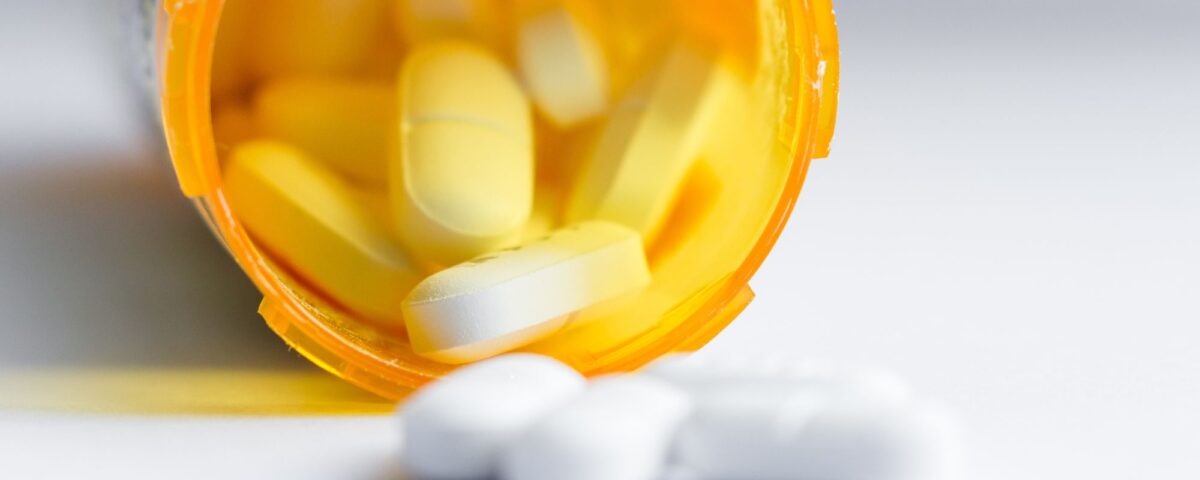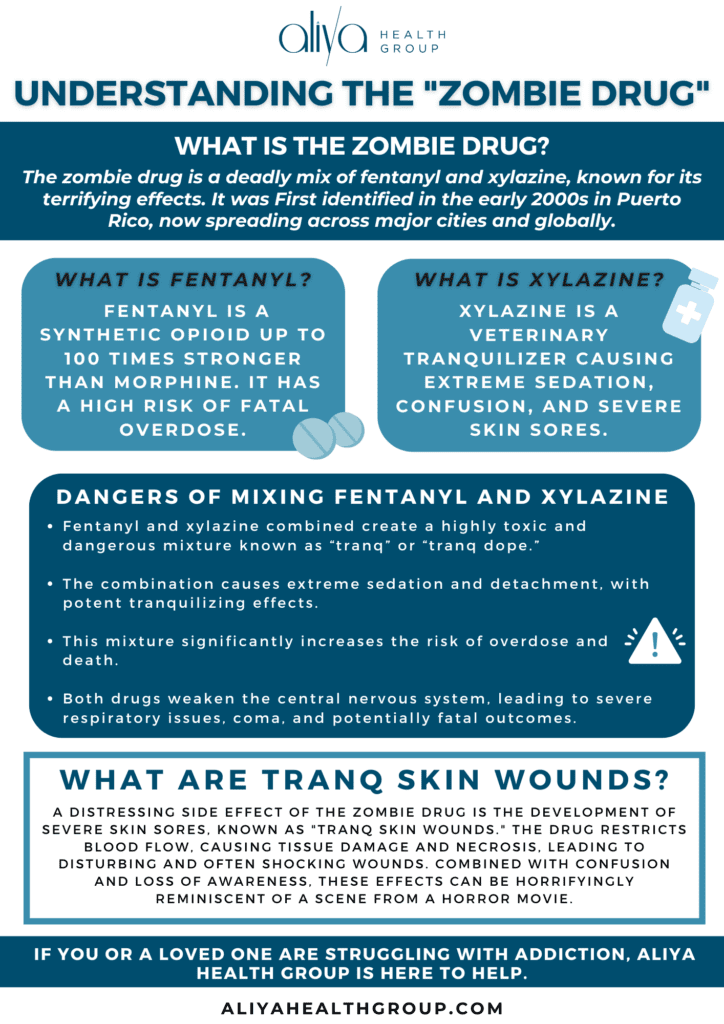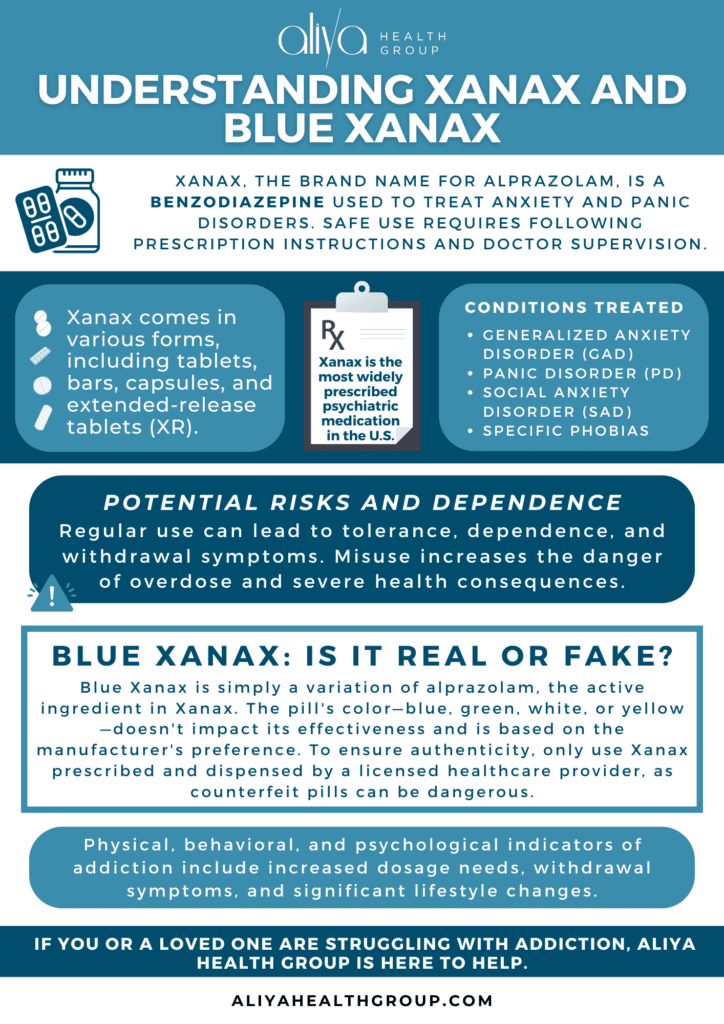What Is a Suboxone Clinic, and How Does It Help Addiction?
Aliya
on
October 16, 2024
When battling opioid addiction, the best way to detox and achieve sobriety is by entering treatment at a Suboxone clinic. This refers to a medical rehabilitation facility for individuals who experience opioid addiction and co-occurring disorders. In a Suboxone clinic, you will receive medication assistance to help you overcome withdrawal. Additionally, you’ll engage in therapy and counseling to heal the deeper reasons for substance abuse.
What Is Suboxone?
Suboxone is the brand name for a prescription medication used to help individuals overcome opioid abuse. Suboxone combines buprenorphine, a synthetic opioid, and naloxone, an opioid antagonist. The two ingredients work together to fight opioid addiction by targeting opioid receptors in the brain. A person on Suboxone experiences reduced withdrawal symptoms and an inability to get high from opioids. To elaborate, naloxone blocks the euphoric effects of a high, so the individual instead experiences symptoms of withdrawal when trying to use opioids.
What Is Opioid Addiction?
Addiction to opioids is a common issue that can occur quickly when you abuse opioids. Some opioids are prescription pain medications that can be misused. Opioids include methadone, fentanyl, oxycodone, heroin, and morphine. Unfortunately, opioids are highly addictive because they alter brain chemistry in a short amount of time. Eventually, you need to take more of the substance to function normally, at which point you are dependent on the drug. Because you’ve developed tolerance, you also need to increase your dose to put off withdrawal symptoms.
What Is Medication-Assisted Treatment?
Individuals with opioid dependency require medical treatment to help them overcome their addiction. Medication-assisted treatment (MAT) is a program in rehab that combines prescription medication for overcoming opioid dependency with therapy and counseling.
Suboxone for Opioid Recovery
MAT for opioid recovery often utilizes Suboxone as an excellent medication for opioid use disorder (OUD). Suboxone rehab makes the recovery process more comfortable and safer by reducing withdrawal symptoms like cravings. Further, medications for OUD lead to less risk of overdose and increased time spent in treatment, making sobriety a personal goal. After treatment, clients are more equipped to lead a successful and positive life.
Reduce Withdrawal Symptoms
As mentioned, naloxone and buprenorphine work together to reduce withdrawal symptoms and the euphoria that comes from opioid use. Uncomfortable withdrawal symptoms are one of the main reasons why individuals aren’t successful at detoxing from drugs. Suboxone helps prevent relapse by making detoxification an easier and smoother process.
Manage Cravings
Once they’ve detoxed from substances, individuals can still feel the pull towards old habits. The medication-assisted treatment utilizes long-term medication to reduce cravings daily. Individuals remain on Suboxone indefinitely, depending on their personal care plan as created by their doctor. Because Suboxone helps prevent relapse, many people stay on the medication.
What Is a Suboxone Clinic?
Simply put, a Suboxone clinic is a treatment program for opioid addiction that takes place in medical Suboxone treatment centers. During rehab, clients engage in medically assisted treatment where they use prescription Suboxone and participate in therapy.
Who Runs Suboxone Clinics?
Suboxone clinics are run by an expert team of addiction counselors, behavioral therapists, doctors, nurses, counselors, and case managers. These are people who are experienced and certified to treat opioid use disorder using medications like Suboxone.
Get confidential help from our addiction and mental health treatment facilities located across the United States. Call to join one of our quality programs today!
Speak With Our Admissions TeamHow Does Suboxone Treatment Work?
It’s important to understand why opioids are addictive. They activate opioid-sensitive receptors in the brain to block negative feelings like pain. At the same time, they trigger a rush of positive receptors like dopamine. Over time, the brain adapts to the changes opioids create. At this point, the individual is dependent on the drug. They also have a higher tolerance, so they must take more for the same effects.
Our Suboxone treatment program works in tandem with the detoxification process to reduce withdrawal symptoms and block the positive effects of opioids. After detox, most individuals stay on Suboxone to prevent withdrawal symptoms like cravings once they’re sober.
How Long Does Opioid Detox Take?
Generally, detoxification to remove opioids from the system lasts eight days, though sometimes as short as four days. During the process, individuals detox toxins of the drugs from their system. The process is fairly quick, and our medical staff makes it as comfortable as possible.
MAT and Psychotherapy
Medication-assisted treatment (MAT) is a valuable step in recovery. However, medication is only part of a comprehensive opioid recovery plan. Each individual who enters a Suboxone clinic combines medication assistance with the deeper inner work of therapy. Their schedule will include traditional therapy and holistic counseling, both in group and individual sessions.
Looking for quality treatment for substance abuse and mental health that’s also affordable? Aliya Health Group's treatment facilities accept most major insurance providers. Get a free insurance benefits check now!
Check Your CoverageWhat Are the Benefits of Suboxone Treatment?
Certainly, there are many benefits of Suboxone for opioid addiction rehab. Mainly, treatment raises individuals’ quality of life by making it possible for them to achieve lasting sobriety. Not only do people experience the physical health of being free from drugs, but also the mental and emotional benefits. After treatment, they can experience renewed relationships and a new fervor to live a fulfilling, sober future. Additionally, they receive a lifelong support team through their Aliya family. Having sober peers committed to the same convictions is key in the journey of abstinence.
Who Needs Suboxone Treatment?
Simply put, everyone who struggles with opioid use needs to enter opioid addiction rehab in a treatment facility. Of these individuals, many people should receive Suboxone treatment to help them reduce their withdrawal symptoms. There is no shame in needing the help of rehab, nor in needing the extra help of medication-assisted treatment.
Some signs of opioid dependency include:
- Always talking about the next dose
- Illicitly sourcing opioids
- Misusing prescription pain meds
- An inability to stop on your own
- Increased tolerance to opioids
Opioid Addiction Treatment Near Me
At Aliya Health Group, we provide treatment options at our nationwide network of treatment centers from detoxification to aftercare. The levels are:
- Detoxification
- Residential inpatient treatment
- Partial hospitalization
- Intensive outpatient
- Outpatient care
- Aftercare
During your time in our centers, you will receive the highest level of care from our knowledgeable substance abuse treatment team. Notably, flexibility is one of our values, as we understand that drugs already create enough disorder in your life. As such, Our addiction treatment center offers flexible care and comprehensive addiction treatment, including online Suboxone medication treatment from certified Suboxone doctors. Don’t wait to reach out today to enter our Suboxone clinic and start walking the road to recovery-free from drug addictions.




















